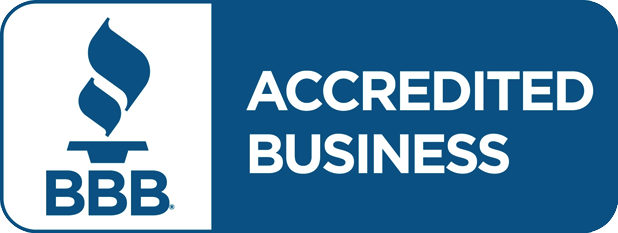Father’s Day is just around the corner, and all of us here at NursingCE hope you’ve taken the time to do something special for your fathers, whether that be planning a special dinner, buying tickets to some concert or sports game, or giving them an old-fashioned, utilitarian gift. Father’s Day is for celebrating the fathers who have worked hard their entire lives to provide for their children and their wives, for the fathers who have tried their best to connect with their children, for those whose fathers did not stick around and had to be their own father figures, for those who filled that role without expecting to, and so on.
I had a friend in high school, who, for the sake of this blog post, I will call Evan. Evan loved his father to pieces. He thought his father was the perfect family man who taught him everything that he knew, whether it was horse-riding or managing school or dating. He characterized his father as patient, intelligible, and caring, and he was so sure that without his father’s guidance and efforts, he would not be half the person that he was. The thought of losing him always brought tears to my friend’s eyes, and I think that this was because there was a point in his life where he did almost lose his father.
When Evan was in middle school, his father was diagnosed with leukemia. When Evan was telling me this story, he told me that he didn’t really understand what was going on, but that he knew something bad was happening. The only time he ever saw his father cry was when his father had to tell him he might pass, and after visiting hours were over, some sweet and patient nurses led Evan back to his mother, consoling him, telling him that things would be alright, trying to keep him hopeful because everybody was really trying their best to make sure that things would turn out okay. The medical professionals in the hospital were Evan’s dad was being cared for eventually helped him beat cancer, and the nurses there made sure he did it in the highest spirits possible. They played board games with Evan and his father, engaged in meaningful conversation with them, brought Evan his favorite snacks if they could. They tried to let Evan know that they were there for him, that this thing that was happening was serious, but nothing that he couldn’t handle as young as he was.
Though doctors gave him more direct medical care, in truth, it was nurses who kept the morale of Evan’s entire family high, which, according to Evan and his father, was equally as important in the recovery process as the technical healthcare Evan’s father received. When talking about these formative years of his childhood, Evan never forgets to include how without those nurses, he imagines that he would not have his father now, and that he would not be as happy as he is today or be who he is today at all.
Even though Evan’s father has, for the most part, recovered, still now, about a decade later, he faces some health difficulties that affect him, causing Evan to worry about how much time he has left with his father. Everytime Evan’s father has to go in for a check-up, though, amazingly, the same nurses who were there when he was a child are still there now to do what they’ve always done: engage with Evan, his father, and his family in a way that made him feel as if they were not treating Evan’s father as simply a patient, but also a dad.
Evan talks of these nurses highly, sharing with me sometimes about how they’ve hugged him when times are hard, given his hand a squeeze when he needed an extra push, and made sure that he felt their support when he needed it most. Evan once told me that his favorite nurse, on the day they’d figure out his father would recover and be okay, pulled Evan out of the room, got on one knee, and held him by the shoulders. She said to him, “We are just as happy as you are,” and her smile was so genuine that Evan knew this fight had never been his family’s alone.
So once again, here’s to the fathers who have tried their best, to the fathers who did not expect to act as parental figures, and so on, but also, here’s to the nurses who have kept the spirits of our fathers high when they were at their lowest. Here’s to the nurses who work long shifts to make sure that our loved ones are okay while their loved ones are at home, and here’s to the nurses that invest themselves so much in their work that patients are not just patients, but people.
Thank you, truly, for all that you do.



